Which are The Most Environmentally Friendly Heating Systems?
4.8 (177) · $ 17.00 · In stock


Ecological heating: the different systems
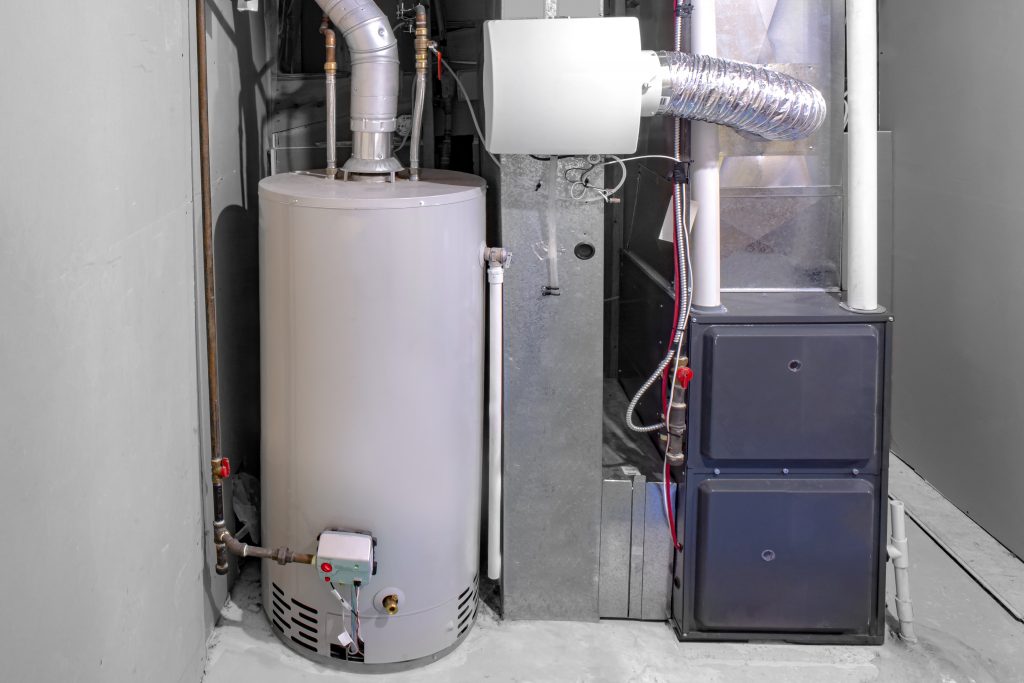
What is the Most Energy Efficient Heating System?

Heat Pumps - Energy and Cost Effective Heating & Cooling Solutions

4 Safety Tips for Heating System This Winter

Eco heating: what are the options?
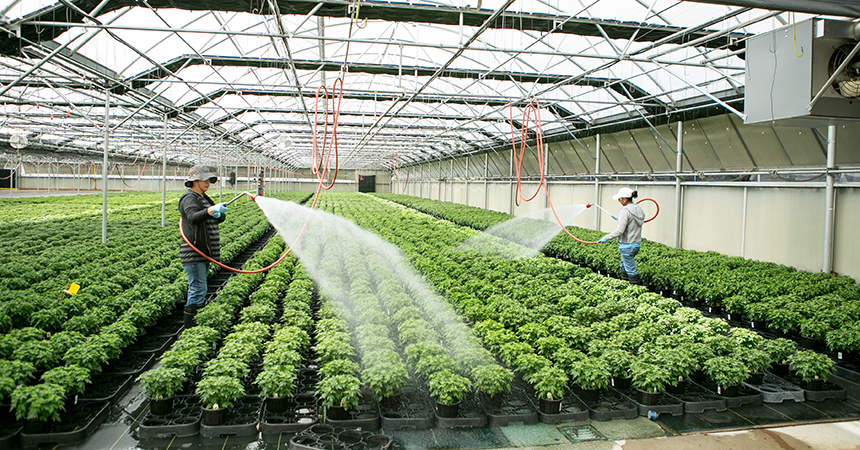
A greenhouse heating primer: Quick FAQ with our experts - Energy Trust BlogEnergy Trust Blog
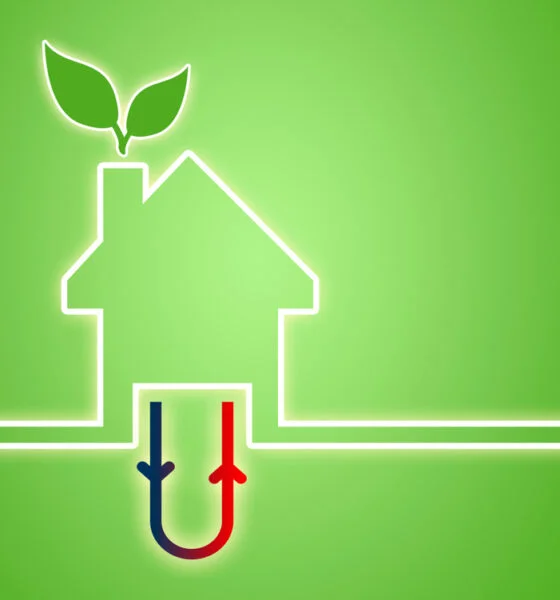
Is it More Eco-Friendly to Repair or Replace Your Heating System? 5 Factors to Consider
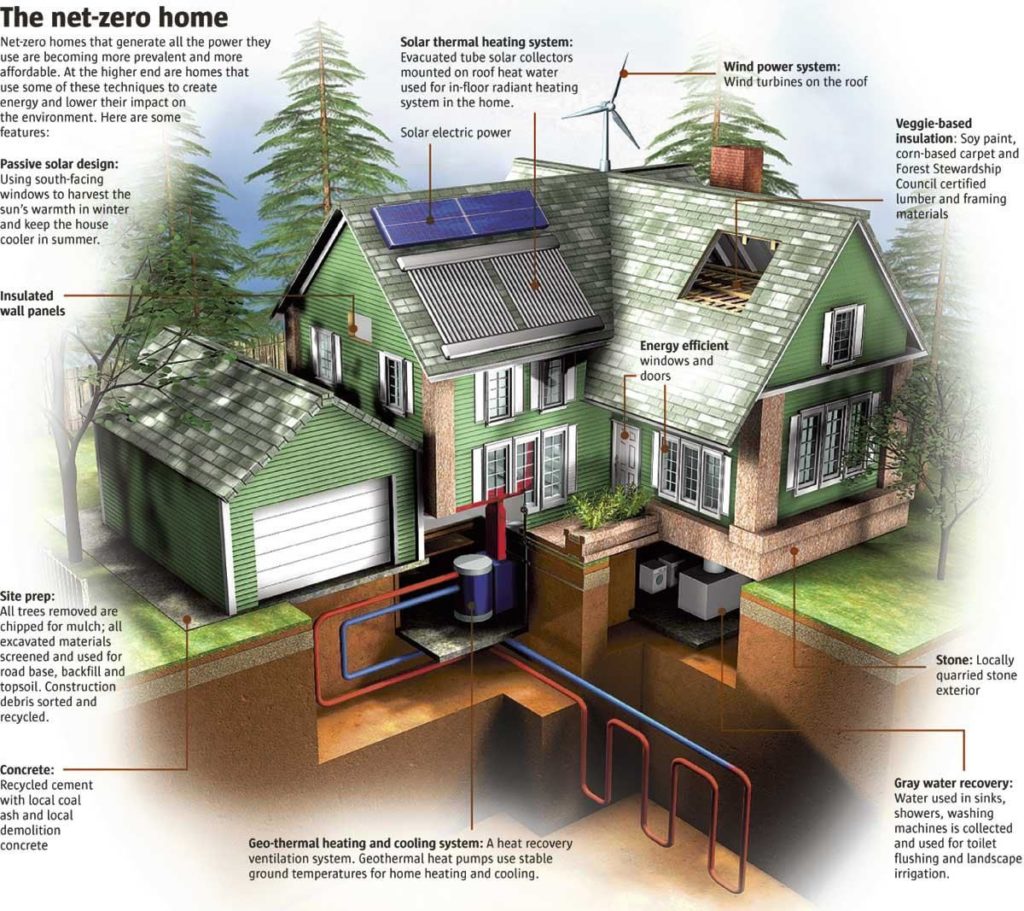
How Much Does It Cost to Build a Green Home?

The most eco-friendly heating options
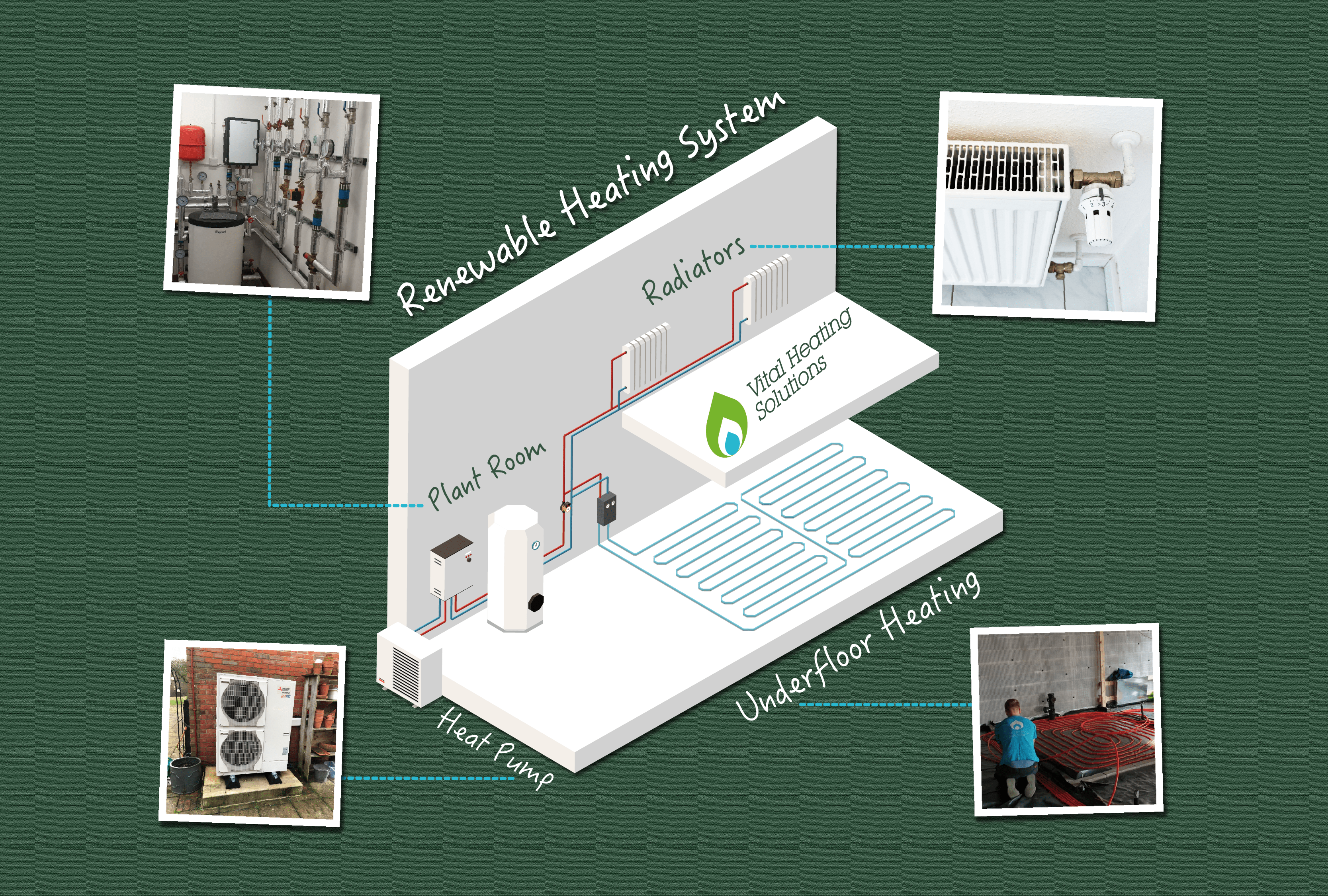
The know how: Air Source Heat Pumps
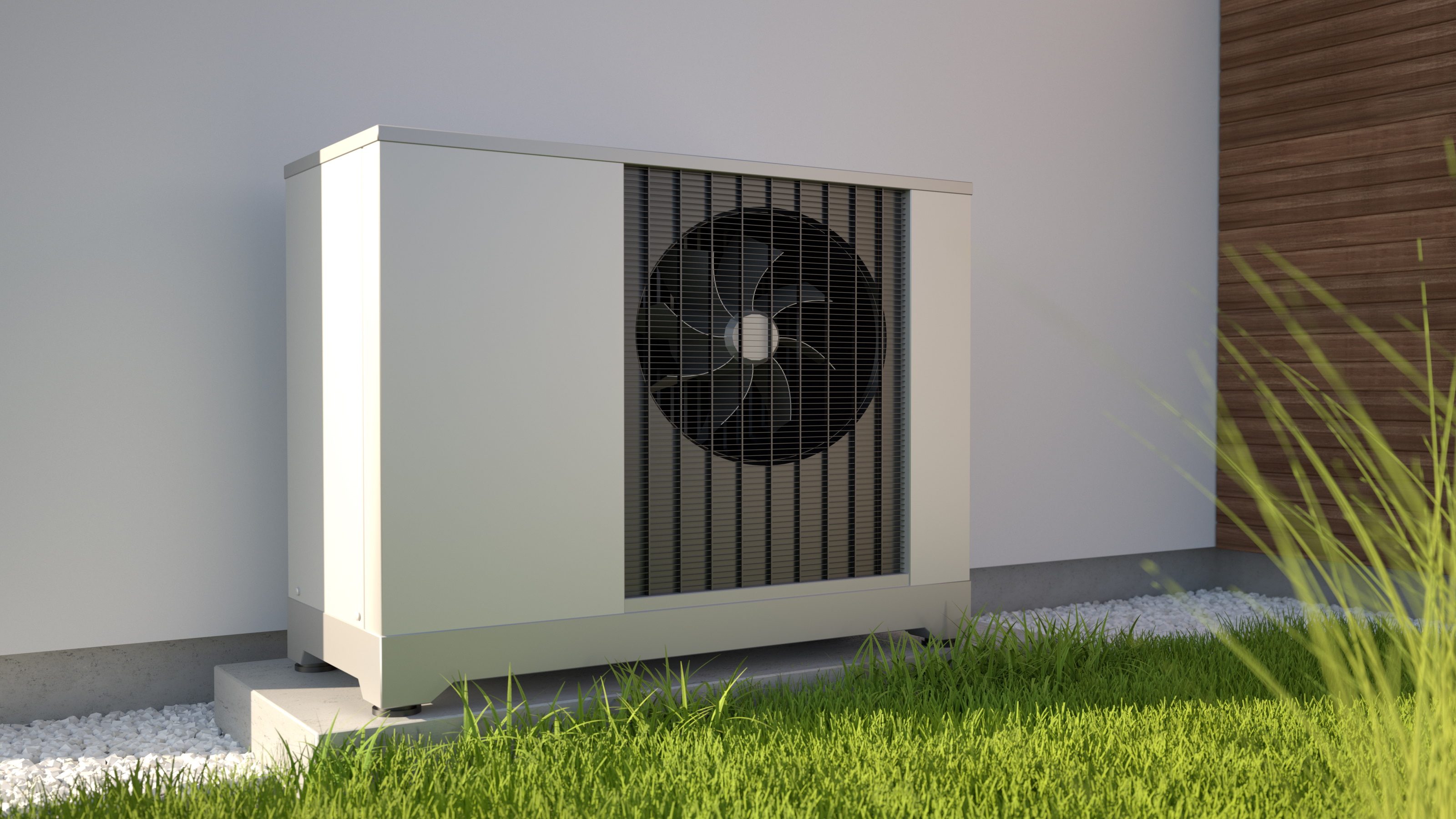
Eco Heating Systems: Which is the Greenest Option?

7 Eco-Friendly Heating Systems for a Sustainable and Cost-Efficient Home!

Living more sustainably a challenge for Americans

Which are The Most Environmentally Friendly Heating Systems?

Heat pumps are a key way to make heating more sustainable, affordable and secure. They could reduce global CO2 emissions by 500 million tonnes by 2030 as they replace gas, oil and











